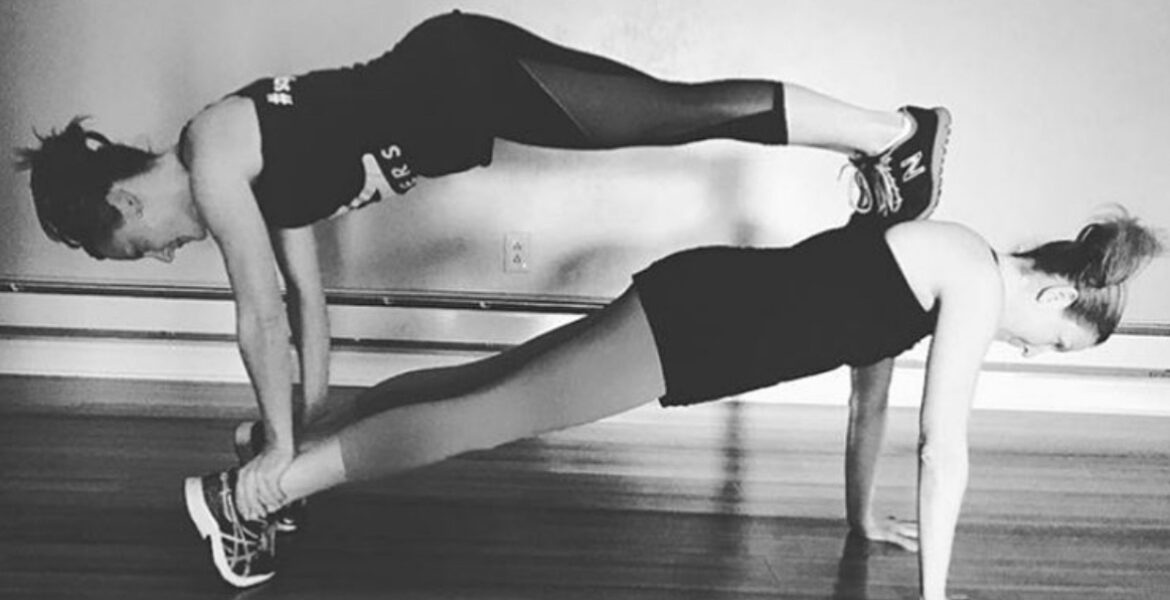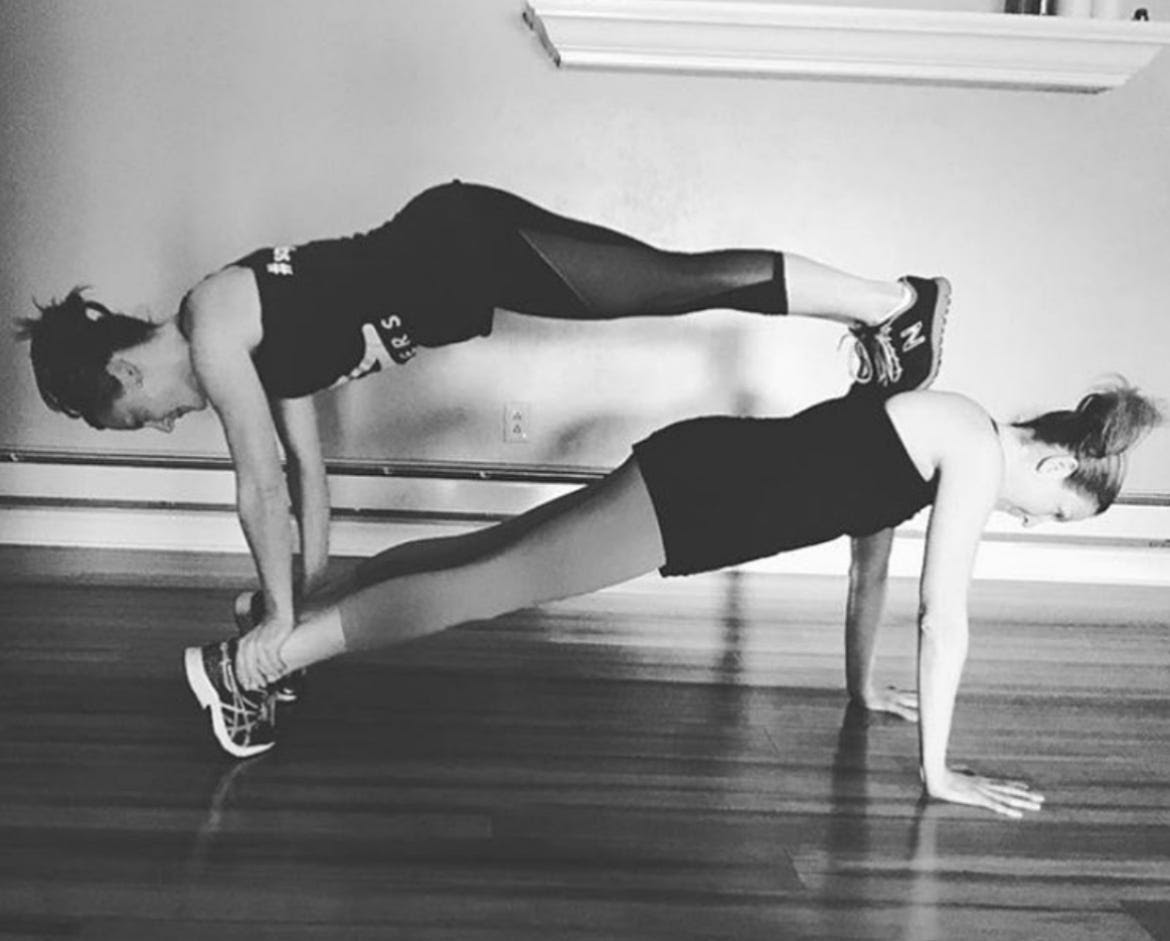
For years, fitness culture told women that smaller was better, smaller pants size, smaller meals, smaller numbers on the scale. But what if midlife isn’t about shrinking? What if it’s about expanding, in strength, confidence, energy, and in the way we move through our days?
Functional strength training isn’t just a workout style. It’s a mindset shift. It’s the foundation of my Elevate + Align Method and the heart of my 4-Week Strength Program for Women in Midlife. It teaches you to build strength not just for the gym, but for life, so you can carry your groceries, play with your grandkids, travel with ease in your 70’s and 80’s, and move through midlife with energy instead of exhaustion.
My Story: From Obsessive Exercise to Functional
There was a time when movement and exercise controlled me. On the outside, it looked like dedication and discipline, but underneath, it was anxiety wearing an athletic outfit. I worked out twice a day, I went to 5:00am Pure Barre class then later that day I would run 5-6 miles pushing a double jogging stroller with a baby and a toddler in it, timing every session, tracking every calorie, and never missing a run no matter how exhausted I was. My OCD showed up as the obvious rituals ( which OCD is known for), but also through the relentless drive to do more.
But at the same time exercise became a way to manage my anxiety I didn’t know how to regulate yet. It offered temporary relief, a few quiet hours from the constant anxious and panic thought loops running through my head, but because I wasn’t resting, breathing, or listening to my body, my nervous system stayed in survival mode. The harder I pushed, the more anxious I became. The more anxious I became, the harder I pushed. It was a loop that left me burnt out, inflamed, and disconnected from joy.
It took years, and a lot of healing, to realize that movement and exercise should regulate, not deplete. Exercise isn’t punishment; it’s partnership. It’s about moving from a place of love, not fear. That realization shaped how I now teach and move. Functional strength training and fitness changed my relationship with my body and helped me build confidence, regulate anxious thoughts, and reconnect to myself.
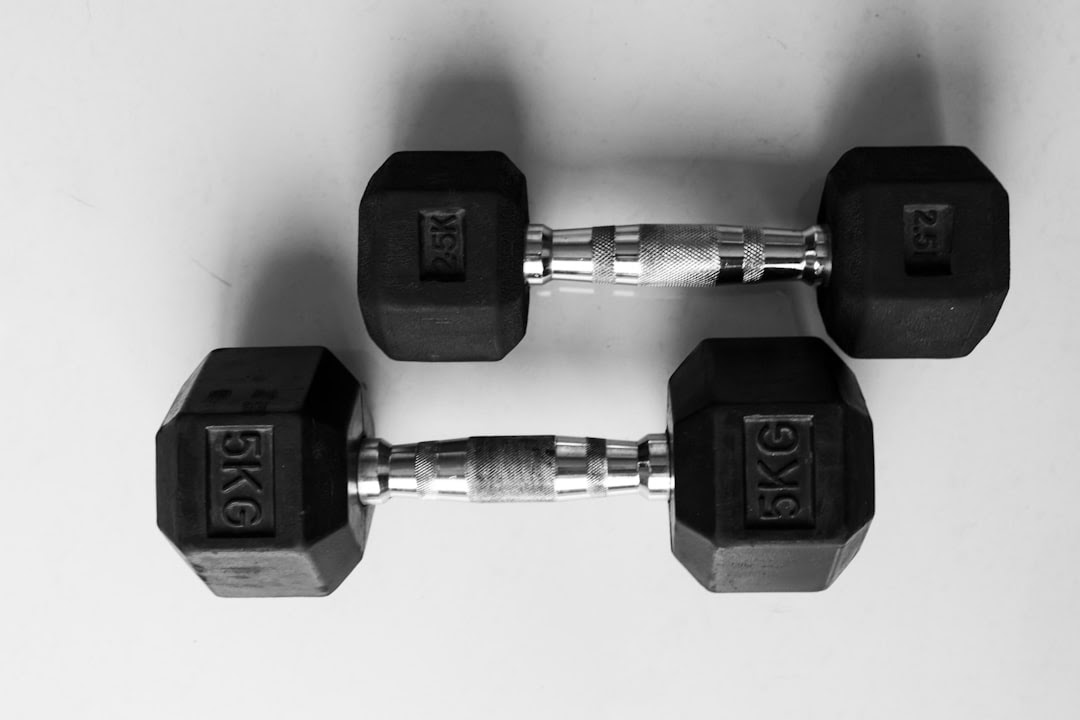
What Functional Strength Training Really Means
Functional strength training focuses on movements that mimic real life. Instead of isolating single muscles, it trains your body as one integrated system, improving strength, balance, mobility, and coordination. This approach is really powerful for women in midlife, when hormonal changes can lead to muscle loss, joint discomfort, and decreased energy. Functional training helps rebuild stability and muscle mass, improves bone density, and supports hormone balance.
Unlike the old “no pain, no gain” “ never skip a Monday” “If you rest you rust” or even “ Sweat is your fat crying” mindset, this approach honors your body’s needs. Some days you lift heavy, some days you rest and restore, some you do yoga or pilates, maybe go for a walk, but all are equally important.
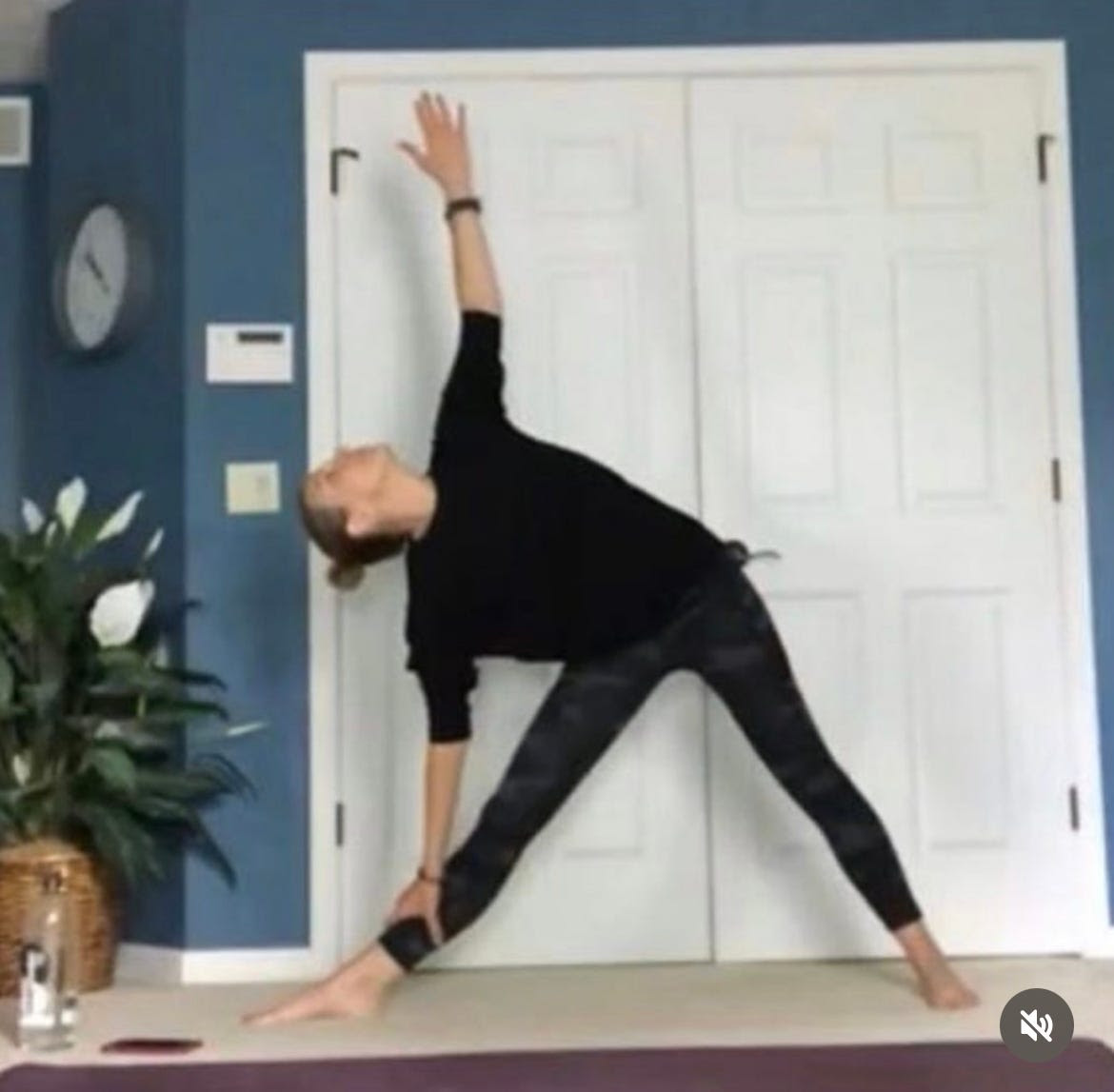
The Science Behind It
After age 40, women naturally lose 1–2% of muscle mass per year if they aren’t actively strength training. Estrogen fluctuations can also impact how our bodies use energy and recover from stress. Functional strength training helps counteract this by:
• Building lean muscle that supports metabolism and insulin sensitivity
• Protecting joints and bones, reducing the risk of osteoporosis
• Improving balance and coordination, which decline with age but are crucial for longevity
• Regulating stress hormones like cortisol through intentional breath and mindful movement
When paired with nervous system-friendly practices, like grounding breathwork and mindful recovery, this approach builds sustainable strength and long-term energy, not burnout.
The Mind-Body Connection
Functional strength training is more than a fitness trend, it’s a form of nervous system regulation. Every rep, every controlled breath, every mindful pause helps retrain your body to feel safe again. For women in midlife, this is powerful. Our bodies are already adapting to hormonal changes that can heighten anxiety, fatigue, and emotional reactivity.
Here’s what functional strength has done for me mentally and emotionally:
• It regulated my nervous system and sometimes helps quiet anxiety.
• It created structure and rhythm, easing my OCD-driven need for control.
• It rebuilt my trust in my body.
• It improved my mood by balancing dopamine and serotonin.
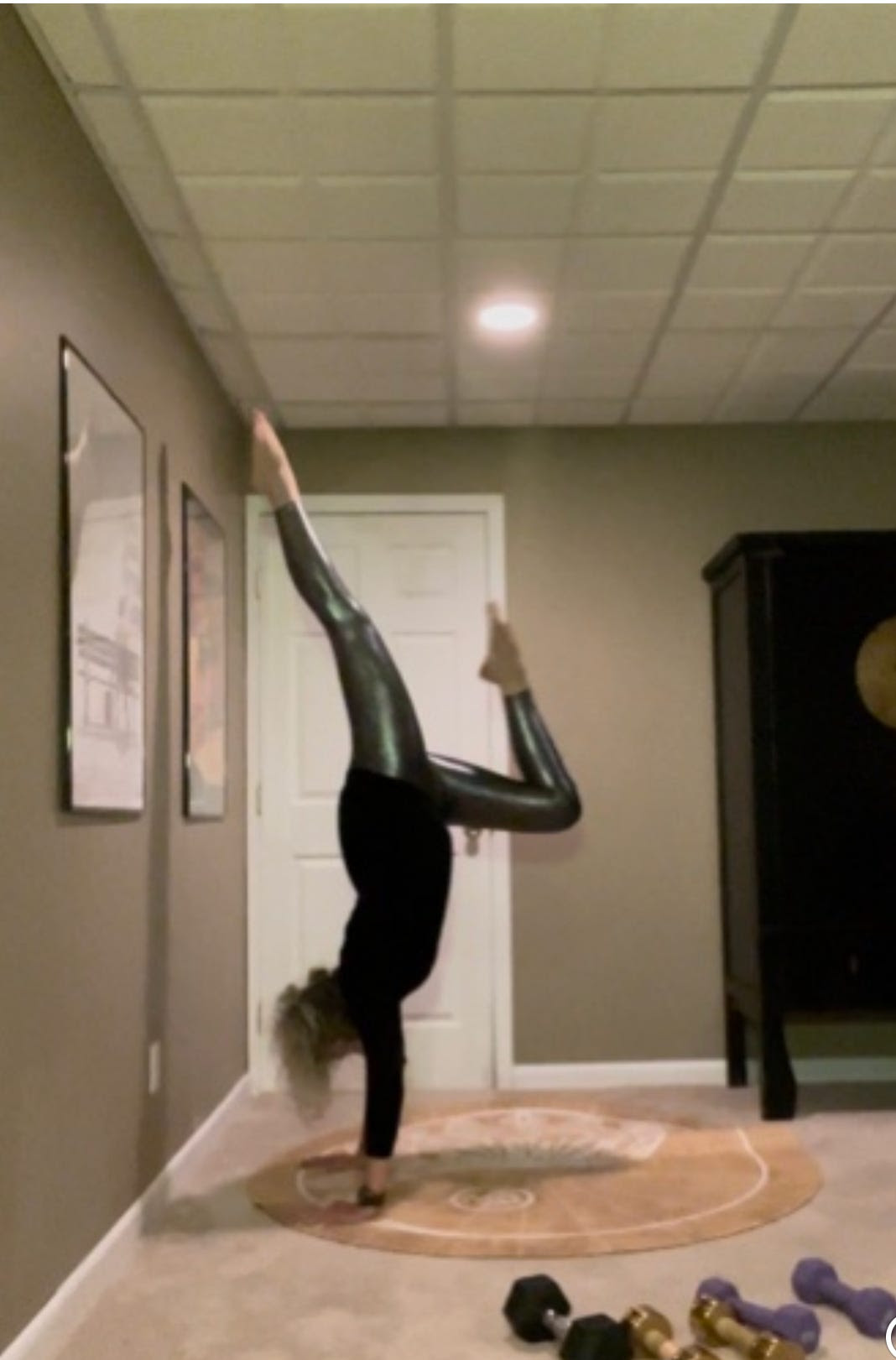
As women, we are constantly told to push harder, in work, in motherhood, in fitness. But midlife is your invitation to train smarter, not harder. Functional strength training helps you feel grounded and capable in your body, balance hormones, can help reduce anxiety, and boost energy without burnout.
Strong doesn’t mean sore or overworked. It’s not about lifting the heaviest weight or chasing soreness. It’s about feeling steady and connected, physically, mentally, and emotionally. It’s about finding strength that supports your life, not drains it.
Now working out and fitness reminds me that peace doesn’t come from perfection, it comes from presence.
If you’ve been stuck in the all-or-nothing fitness cycle, this is your permission it’s ok to rest, and to start again, differently this time.
And if you’re healing your own relationship with exercise, movement, or anxiety, share your story with me, because you’re not alone in this.

